Fellowships 2024
Ahnjili ZhuParris, Dan Xu, Colette Aliman, Alyssa Gersony
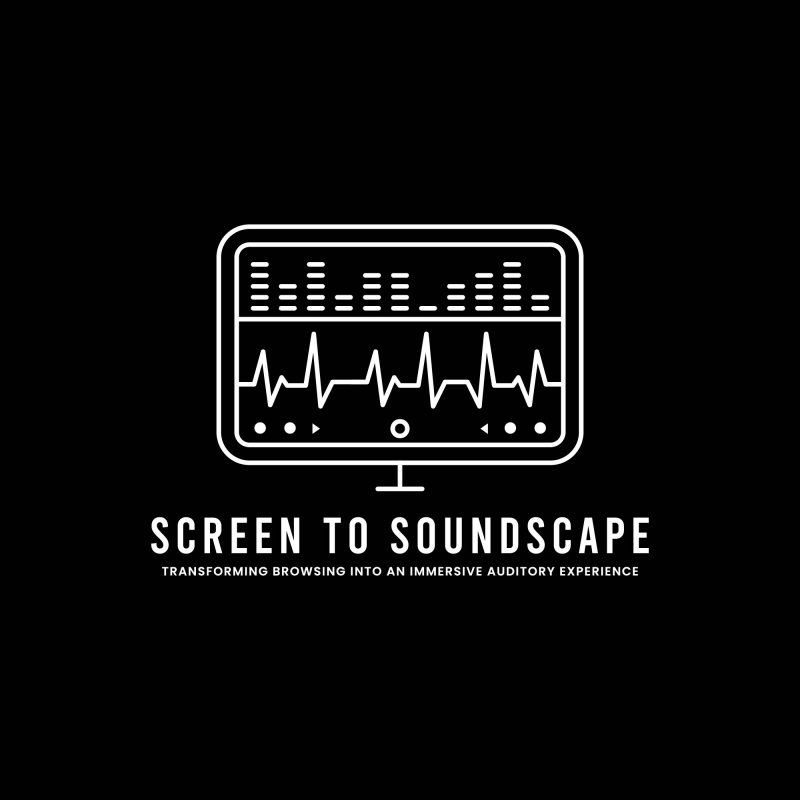
Ahnjili Zhuparris, PhD (NL, USA), is an AI engineer and artist working between New York and the Netherlands. She develops AI applications for the medical and cosmetic industries and researches biomarkers for mental and physical well-being using machine learning. Her artistic and communication efforts focus on raising awareness about AI and algorithmic violence. Ahnjili holds a PhD in Clinical Neuropharmacology, a Master’s in Cognitive Neuroscience, and a Bachelor's in Neuroscience. A recipient of the Mozilla Creative Media Award, her work has been supported by the Mozilla Foundation, IMPAKT, and Constant, and showcased at Ars Electronica, Articulating Data, and CICA Museum.
Dan Xu (CN/NL) is a creative researcher and technologist in the fields of human-computer interaction and interactive art. Currently, she is pursuing her doctoral degree at Leiden University. Her research focuses on exploring new ways to conceptualize interaction, aiming to enhance understanding of the dynamic exchange between interacting elements and stimulate the creation of new interactive dialogues. Besides research, she enjoys creating playful interactive prototypes and experiences with code, sound, and text.
Colette Aliman is a creative researcher working within the fields of Design and Art in Rotterdam, the Netherlands. After graduating from Design Academy Eindhoven in 2019 with a Contextual Design MA, she launched the platform Sound Office to explore the bridge between the creative sector and noise policy. Sound Office produces workshops, lecture-performances, and the online research archive www.sound-office.online. Colette's topics of interest and research include multi-species-culture(s) sonic intersections, raising awareness of a person's choice in the sound design of our everyday objects, and speculative R&D in the future of the industrial revolution soundscapes.
Alyssa Gersony (USA) is a performance artist and vision rehabilitation therapist working between Brussels, Rīga, and New York City. Ricocheting between the worlds of choreography and disability therapeutics, Alyssa’s creative process takes an interdisciplinary approach: blending rehabilitation science, autoethnographic storytelling, and dance research. Alyssa holds an MFA in Choreography and Intermedia Performance and an MS in Education (Blindness and Visual Impairment). She is a 2021-2022 Fulbright awardee in dance research (Rīga, Latvia) and has worked for 10 years in the field of disability justice as an accessibility advocate, job coach, orientation and mobility specialist, professor, and mentor.
‘Screen-to-Soundscape’ adopts a creative and experimental approach to reimagining screen reader voices. The project aims to develop a speculative design prototype that transforms a browser or screen into an immersive soundscape. This prototype will feature multiple layered voices reading all readable text in unison with spatial audio, enabling users to discern the text’s location within the browser. The motivation behind this initiative is to overcome the inherent limitations of traditional screen readers by offering users with visual impairments a more intuitive and immersive way to navigate digital content. This benefits users with visual impairments and provides a richer, more engaging web experience for all users. Constant, a non-profit artist-run organization based in Brussels, will also support the project with content feedback, technical returns, a budget contribution, and public moments.
Luís dos Santos Miguel
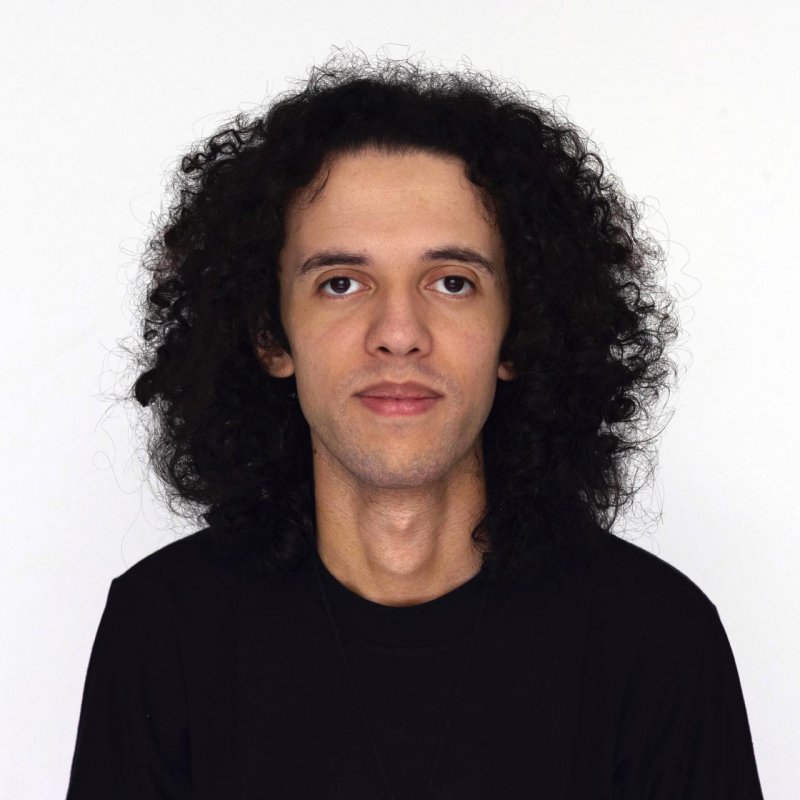
Luís dos Santos Miguel is a designer, audiovisual producer, translator, and educator from São Paulo, Brazil. He is an accessibility specialist, interested in human communication in its various forms of expression. His work focuses on audiovisual accessibility and inclusive design. During his Master’s research at São Paulo State University (Unesp), he investigated the affordances of different kinds of visual representations of sign languages. He has experience teaching design in undergraduate and postgraduate courses. Currently, he is pursuing a bachelor's degree in Brazilian Sign Language at the Federal University of Santa Catarina (UFSC).
‘Holografia’ is an initiative based on open-source principles, aimed at promoting design literacy and creative coding in Brazil, especially amongst Deaf individuals. The project ‘p5.js in Brazilian Sign Language’ comprises a series of freely accessible educational videos explaining the fundamentals of p5.js in Libras — the sign language commonly used by Deaf communities in urban areas of Brazil. These videos will feature visual resources, given the Deaf community’s reliance on visual communication, and will also include an audio track and subtitles in Portuguese to ensure accessibility for a broader audience across the country. The project will be conducted by a collective of professionals including Luís Miguel, Jaque Brenda, Paulo de Almeida Sachs, and Camila Delfino.
Dorothy Howard and David Isaac Hecht
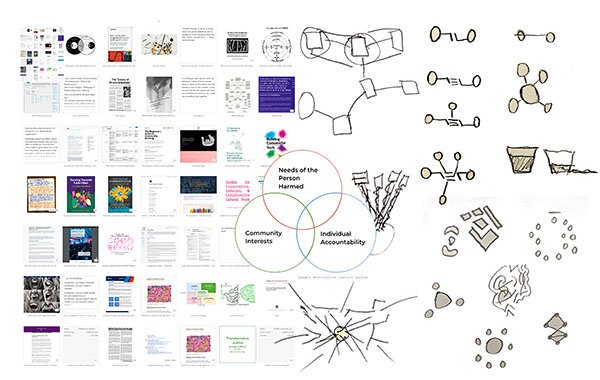
Dorothy Howard is a researcher and open technology advocate from Mount Vernon, Washington. Dorothy has organized around equity and human rights in Wikipedia and was Wikimedian-in-Residence at the Metropolitan New York Library Council, where she facilitated public knowledge and instructional technology projects. She has spoken at The Society for the Social Studies of Science, Scientific Computing with Python, and in other venues and classrooms. Her research appears in Computer-Human Interaction and Computer-Supported Cooperative Work. Dorothy has an MA in Communication from the University of California San Diego, and a BA in History from Reed College. She lives in Brooklyn, NY.
David Isaac Hecht is Director of Facilities for the Prime Produce Apprentice Cooperative, and co-founder and Principal of The Cybernetics Library. He has an M. Arch from Columbia University GSAPP and a B.A. in Cognitive Science from Vassar College. His work has included crafting and facilitating community agreements, consensus processes, and conflict resolution frameworks. He has served as Communications Coordinator for the Architecture Lobby. His work has been published in AD: Architectural Design, ARPA Journal, ARQ, and the Are.na Blog.
Debate and disagreements are natural parts of people coming together, yet many projects lack deliberative protocols to support codes of conduct. For the 2024 Processing Fellowship, Dorothy Howard and David Hecht are focusing on the design of a conflict resolution system for self-organized communities, such as open technology projects, online groups, or cooperatives. The system will be published in an open repository, so communities can modify and improve it to suit their contextual needs.
The broader aims of this project are to reduce harms that can occur because of inadequate resolution procedures, as well as to foster discussion about applying restorative practices to collaborative governance. To inform the design, the team will conduct research including a review of restorative practices and conflict resolution case studies and literature, and organize a focus group with community practitioners. They will also create a community engagement plan to identify projects that might have needs the system can help address, and a structure for feedback.
This project will build with the Processing Foundation community work to develop practices around encouraging safe spaces and communication in times of conflict, applying the ethics of care to design, and fostering dialogues about the complexities of interpersonal communication, complaint, compassion, and well-being.
Anh (Autumn) Pham
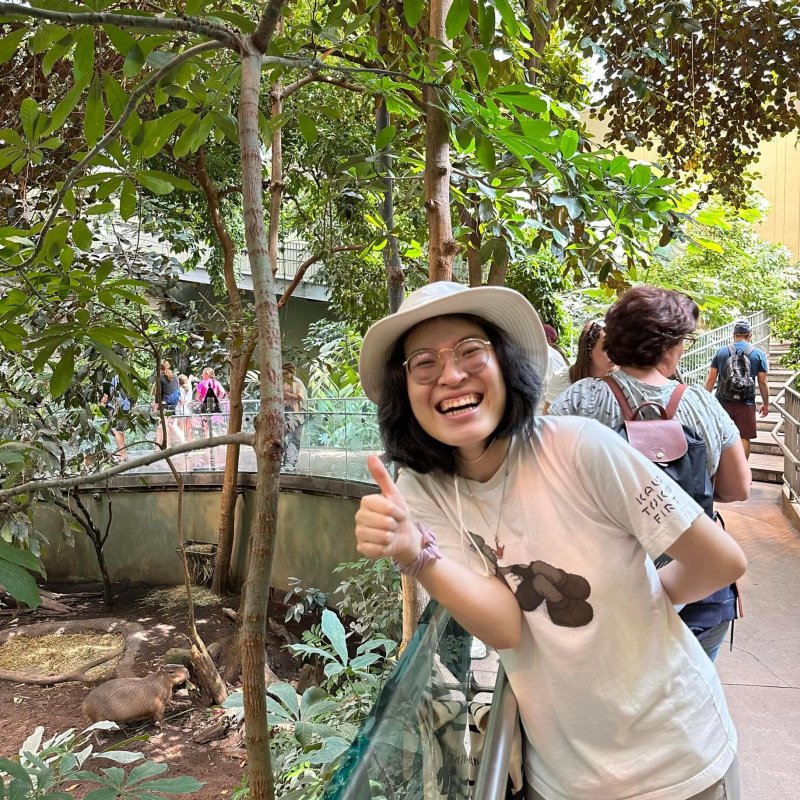
Anh (Autumn Pham) is a Deaf Queer tech worker and writer from Vietnam, based in Vancouver, BC. By day, they work at a financial tech company. They also write “Letters from Anh” newsletter on accessible tech, disability, and humanity (in English and Vietnamese). Anh helps organize mentorship programs for Reboot and Viet Tech communities, makes decent matcha, and loves hosting dinners and board game nights. Anh cares a lot about accessibility and community care, and is broadly curious about people, histories, cultures, policies, and the intersection of tech and art and society.
‘How do We Care for Each Other’ (“Vì Mình Thương Nhau”) aims to create an archival website that documents the actual lived experiences of disabled people in Vietnam through visual storytelling using code, such as Processing and p5.js. By collecting first-person narratives, the project seeks to highlight and celebrate the diverse stories of Vietnamese disabled individuals, recognizing that all bodies deserve to be celebrated. Using creative technology tools, the project hopes to bring visibility to Disability Justice, care, and community. How can we celebrate disabled people as they are and dismantle ableism, especially within all the nuances of the Vietnamese cultural context? Beyond the fellowship period, the project aspires to cultivate a solid community for Disability Justice in Vietnam, continually documenting and celebrating disabled stories. It hopes to inspire more conversations and research on disability from Vietnamese scholars, students, and the general public. In the long term, the vision is to present this website as archival documentation to various levels of government. Better data informs better policies; the project hopes to advocate for better support for disabled people in housing, education, healthcare, and other social services.
Roopa Vasudevan
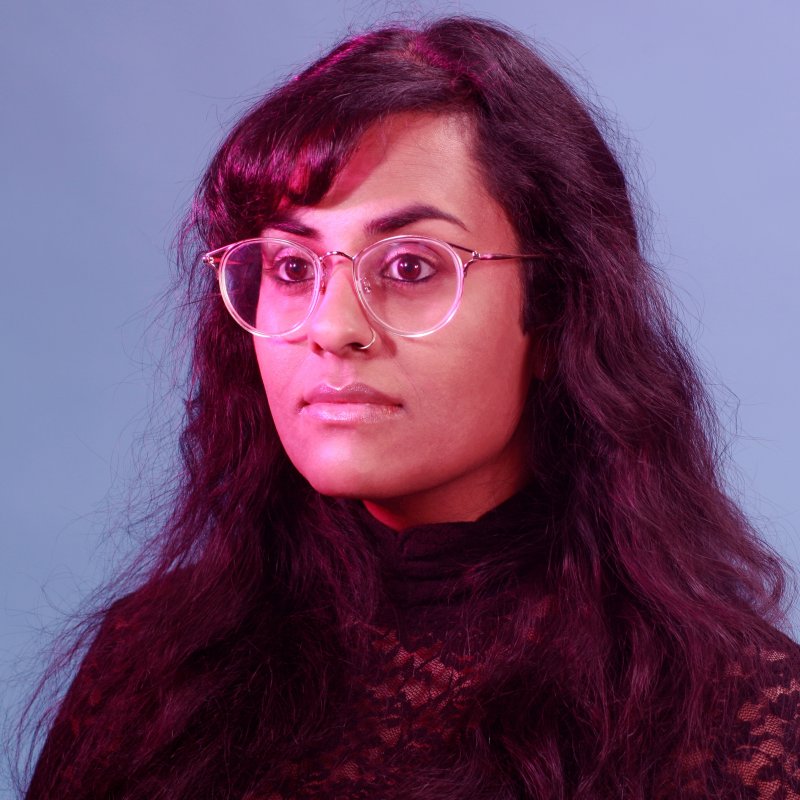
Roopa Vasudevan is a new media artist, computer programmer, and researcher investigating default technical practices and protocols, and how they intersect with larger social and economic power structures. Her work has been exhibited and featured by press outlets internationally, and she has demonstrated a particular and steadfast commitment to artist-led organizations throughout her career. Roopa received her PhD in Communication from the University of Pennsylvania in 2023, and an MPS from the Interactive Telecommunications Program (ITP) at NYU in 2013. She is currently an Assistant Professor in the Department of Art at the University of Massachusetts, Amherst.
Working with the Processing Foundation community, along with other creative technology projects that draw inspiration from Processing’s pioneering history, Roopa Vasudevan will begin a research and creative effort to develop both a definition of values and practices that govern an “open-source ethos”, and models for ethical alignment among a range of open-source creative tech communities.
While different protocols and practices are necessary for different languages and technical systems, the ethos surrounding the larger software art community should be consistent if it strongly believes in expanding access to and literacy with technology. Drawing from Vasudevan’s long-term work engaging the complex relationships between art, technology, and power — along with her history of facilitating exchange between tech-based artists about values, practices, and things they would like to see in the field — this project attempts to take steps towards reconciliation and alignment of value-based goals among open-source communities.
As part of the fellowship, Vasudevan will build a Web-based resource collecting her research; outlining findings; and soliciting feedback, ideas, and visions from community members for their hopes for the open-source creative software community. The work from the fellowship period will also be produced as a PDF and printed zine to be distributed in the fall of 2024.
Amad Ansari
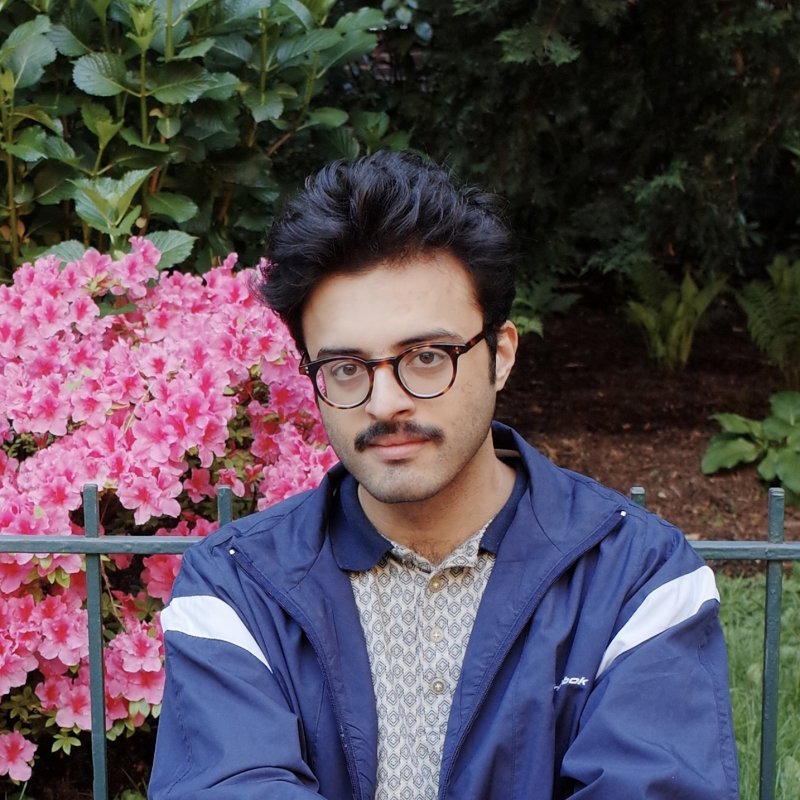
Amad Ansari is a software engineer, archivist, and artist whose practice is informed primarily by two concepts: the potential of the web to be reframed into free and accessible online museums and archives, and a bridging of old and new computing, erasing notions of obsoleteness in the fast accelerating world of tech by looking to or emulating past technological or graphical periods. From the internet's past, he hopes to honor and embrace the often discarded creativity and imagination the limited abilities of earlier computing encouraged, as well as find inspiration from it to envision more sustainable and intentional digital futures.
‘Palestine Online’ is a collection of web pages created by Palestinians (and friends), primarily in the late 90s and early 00s, sourced from the Internet Archive’s Wayback Machine, including but not limited to: personal homepages, news websites and online magazines, sites showcasing Palestinian art and culture, and online memorials.
The project preserves Palestinian web presence during or close to the Second Intifada and showcases the overlooked yet rich early history of Palestinian internet presence, tracing the World Wide Web as a crucial tool for resistance, connection, and expression that has given Palestinians an unprecedented platform under ongoing occupation, and which to this day is a primary commons for a people repeatedly silenced or misrepresented by mainstream media outlets.
Palestine Online is also an exploration of using the capabilities of the modern web, the most important global connectivity tool today, to create a rich and interactive archive that revitalizes and makes newly visible the digital contributions and expression of oppressed peoples.
Buffy Sierra
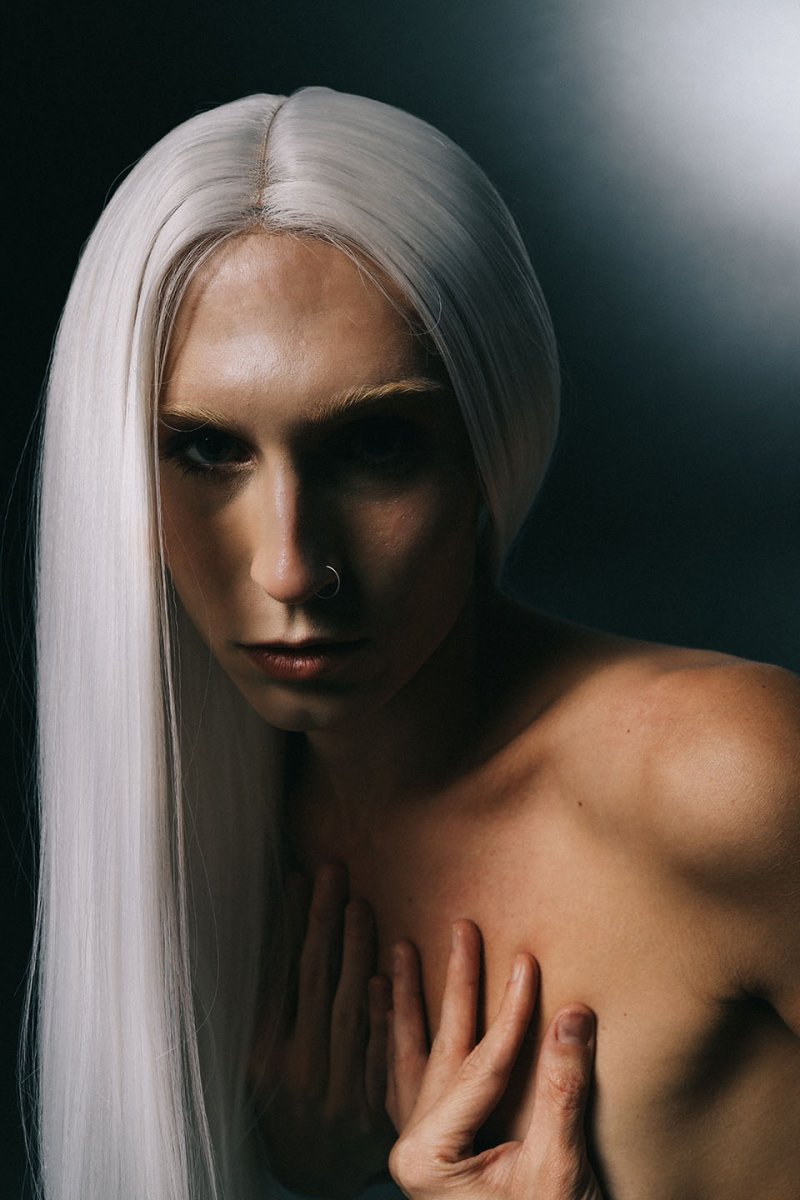
Buffy is an artist and writer producing work about living horrors and dying beauties. Buffy’s fixation on living horrors and dying beauties is an inverted obsession with life. She produces art to unravel how we live through this world’s horrors, always with a retaliatory affirmation of beauty and its heartbreaking ephemerality. Her work slips promiscuously between sensuousness and severity: erotic live performance and its documents, stark technical design for stage and screen, unrelenting electronic music, and volatile choreographies that turn bodies inside-out. Her performances live in the gothic, gore-geous, and grotesque spaces between sex work, burlesque, drag, synthesized sound, tragic theater, and histories of transsexual futurity. She composes discordant music from open-source software, performance scores from metabolic memories implanted by medicalized technologies, operatic theater from the social engine of queer nightlife, dance from the felt dimensions of her synthetic biology’s chronic pains, and rapturous events where audiences converge for exhilarating, unsettling, and transformative intimacies.
‘Synthetic Moans’ is a piercing scream into the void and a soft whisper to a lover, sister, or mother. Synthetic Moans indexes a process, a practice, and a palimpsest of trans life, and of transfeminine lineages between aesthetics, music, and science. The process at the heart of Synthetic Moans is a system for identifying and assembling transbiological data (hormone levels, frequency of medical visits, embodied memories of sexed and gendered becoming) and sonifying it into tones, sequences, and scores. The practice that will enable the emergence of Synthetic Moans is a method of memory work and archival research between transfeminine people sharing and recording documents, ephemera, and feelings related to broad and variable interpretations of transition. The palimpsest generated through the process and the practice of Synthetic Moans will both disclose and obfuscate felt dimensions of transfeminine life. It will be a digital archive and an evolving compendium of sounds and resources composed with transfeminine contributors. Inspiration for this project comes from many sources: Arca, ARCHANGEL, Annie Sansonetti, ANOHNI, Ita Segev, Jeanne Vaccaro, Juliana Huxtable, Keioui Keijaun Thomas, Mary Maggic, Mira Bellwether, SOPHIE, troizel xx, and many more.
Roxanne Harris
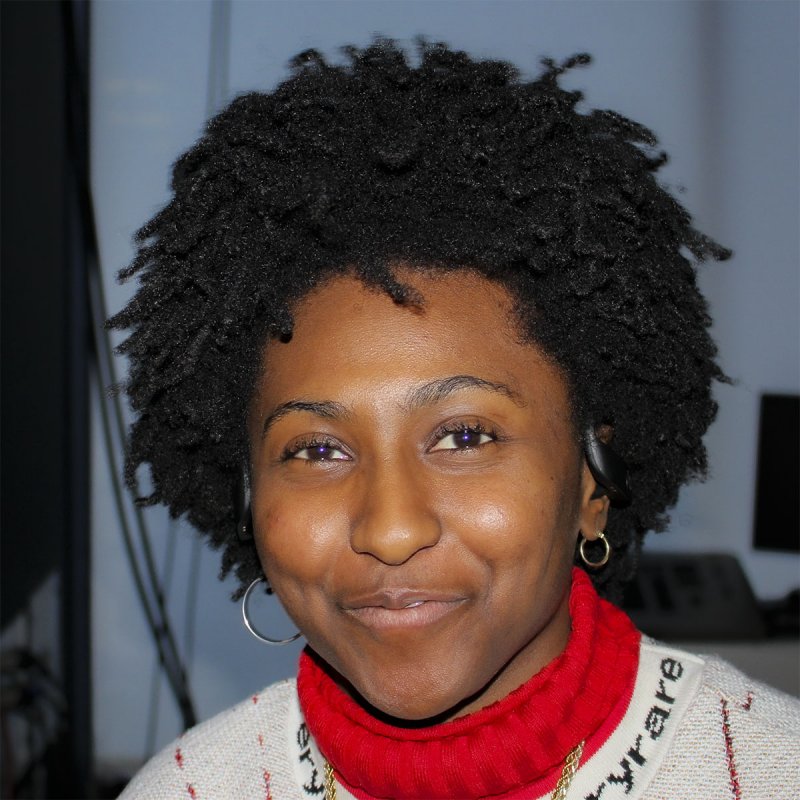
Roxanne Harris "alsoknownasrox" is a new media artist-researcher and musician-programmer based in New York City. Embracing programming as an artistic medium, she parameterizes on-the-fly, pushing the boundaries of improvisational dexterity within computational limitations. Roxanne holds a B.A. in Computer Science and Music from Yale University and is pursuing an M.F.A. in Design | Media Arts at UCLA. She has presented at the International Conference on Live Coding, Open Source Arts Contributors’ Conference, SXSW, and Dweller Festival. Her contributions have been featured in Office Magazine and Alternative Press.
During the Processing Foundation Fellowship, this project aims to capture and preserve the nuances of live coding performances, detailing artistic decisions and challenges. The project involves developing a platform-agnostic tool that records live performances through keypress detection and state changes within the source code. This tool will effectively archive live coding performances, providing a comprehensive record of the real-time coding process and the artist's intentions. Ensuring compatibility with any live coding platform, the tool will extend its use across various artistic practices and workflows. Code analysis will reveal patterns, trends, and potential areas for innovation, offering insights into live coding interactions. The project will make all tools and research outputs open-source, promoting transparency and collaboration. This approach allows others to observe, contribute to, and build upon the findings. Additionally, the project aims to establish a discursive framework around individualistic practices in live coding, fostering a shared language and a clearer understanding of intent and purpose. By documenting and archiving live coding performances, this project seeks to contribute valuable knowledge and resources to the live coding community and the broader field of creative technology.